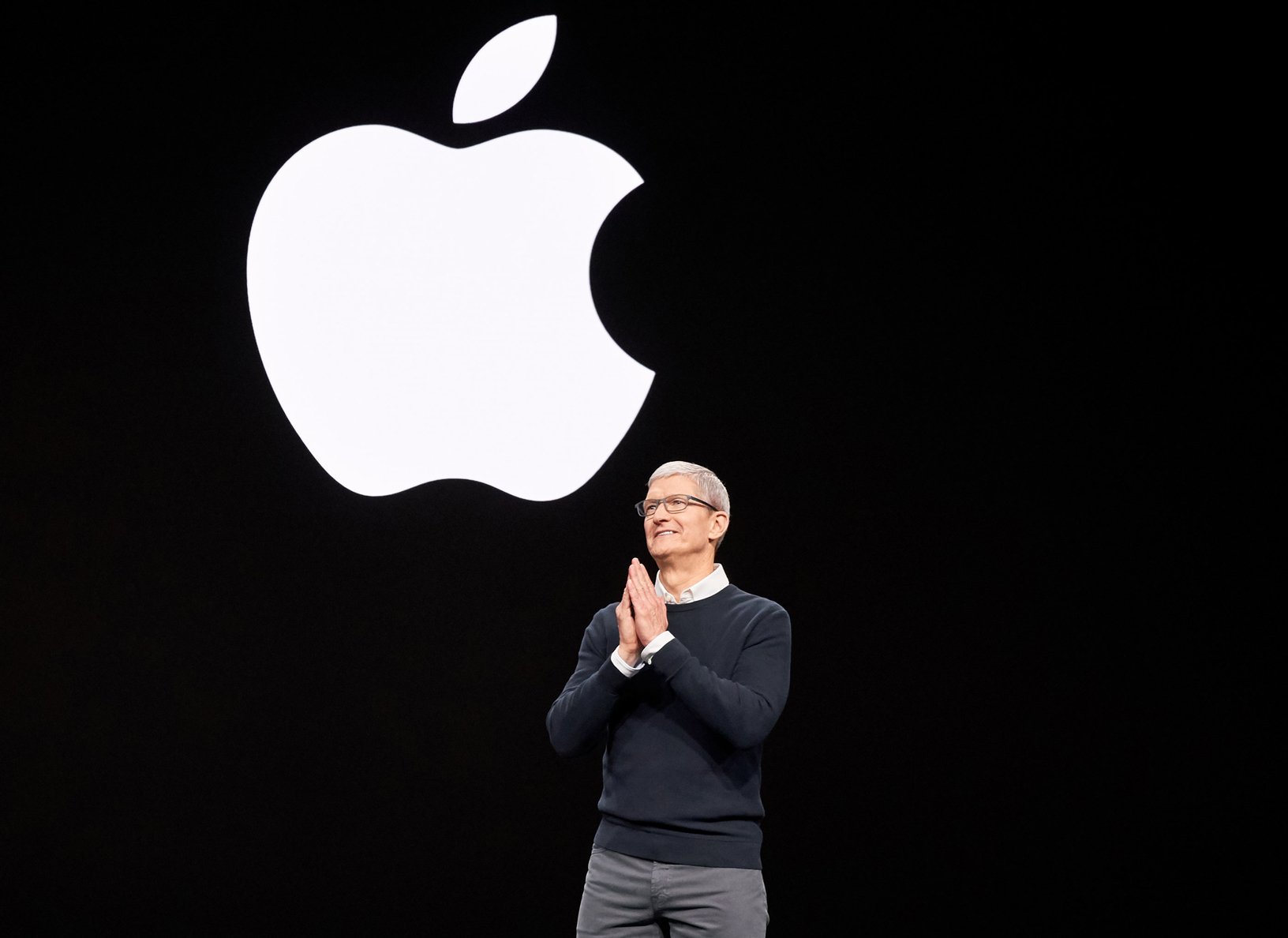Work in an Apple Store? Your uniform might have been made by forced labor.

iMore offers spot-on advice and guidance from our team of experts, with decades of Apple device experience to lean on. Learn more with iMore!
You are now subscribed
Your newsletter sign-up was successful
What you need to know
- A new report claims Apple Store uniforms might be the result of forced labor.
- The company responsible for the uniforms has links to China's western Xinjiang region.
- Apple says its suppliers don't "currently" source cotton from the region.
A new report by The Guardian suggests that Apple Store uniforms may come from a company that might be using forced labor.
The report cites multiple shipping documents that show a company with a history of using forced labor shipping shirts to Apple Stores, with that company having now had sanctions imposed.
Apple has imported clothes – probably uniforms for staff in stores – from a company facing US sanctions over forced labour at a subsidiary firm in China's western Xinjiang region, shipping records show.[...]An Apple spokesman said the company had confirmed none of its suppliers currently source cotton from Xinjiang, but declined to comment on whether they had done so in the past.The US government in July imposed sanctions on Changji Esquel Textile, a unit of the Hong Kong garment group Esquel, along with 10 other Chinese companies for alleged human rights violations in the Xinjiang region, including forced labour.
This comes just a week after CEO Tim Cook told a US Congress hearing that he wouldn't tolerate the use of forced labor by any of his suppliers. While Apple does now say that it doesn't use this particular supplier now, it's possible it did in the past – as The Guardian notes, Apple wouldn't comment on that fact.
It seems beyond any doubt that Apple did have dealings with Changji Esquel Textile, however. Documents show shirts being delivered and the company's own website mentioned Apple as a "major customer".
A month before the sanctions were announced, Esquel had sent a shipment of women's cotton and elastane knit shirts to "Apple Retail stores" in California, the database run by the global shipping information provider Panjiva showed. Those records were identified by the Tech Transparency Project.Until recently, Esquel's website listed Apple as a "major customer", according to a report published in March by the Australian Strategic Policy Institute (ASPI) into Chinese companies using forced labour in Xinjiang to supply global brands.
This isn't the first time that Apple has seen its suppliers accused of such things and, unfortunately, it's unlikely to be the last.
You can read the full piece over at The Guardian and you absolutely should.
iMore offers spot-on advice and guidance from our team of experts, with decades of Apple device experience to lean on. Learn more with iMore!

Oliver Haslam has written about Apple and the wider technology business for more than a decade with bylines on How-To Geek, PC Mag, iDownloadBlog, and many more. He has also been published in print for Macworld, including cover stories. At iMore, Oliver is involved in daily news coverage and, not being short of opinions, has been known to 'explain' those thoughts in more detail, too.
Having grown up using PCs and spending far too much money on graphics card and flashy RAM, Oliver switched to the Mac with a G5 iMac and hasn't looked back. Since then he's seen the growth of the smartphone world, backed by iPhone, and new product categories come and go. Current expertise includes iOS, macOS, streaming services, and pretty much anything that has a battery or plugs into a wall. Oliver also covers mobile gaming for iMore, with Apple Arcade a particular focus. He's been gaming since the Atari 2600 days and still struggles to comprehend the fact he can play console quality titles on his pocket computer.
